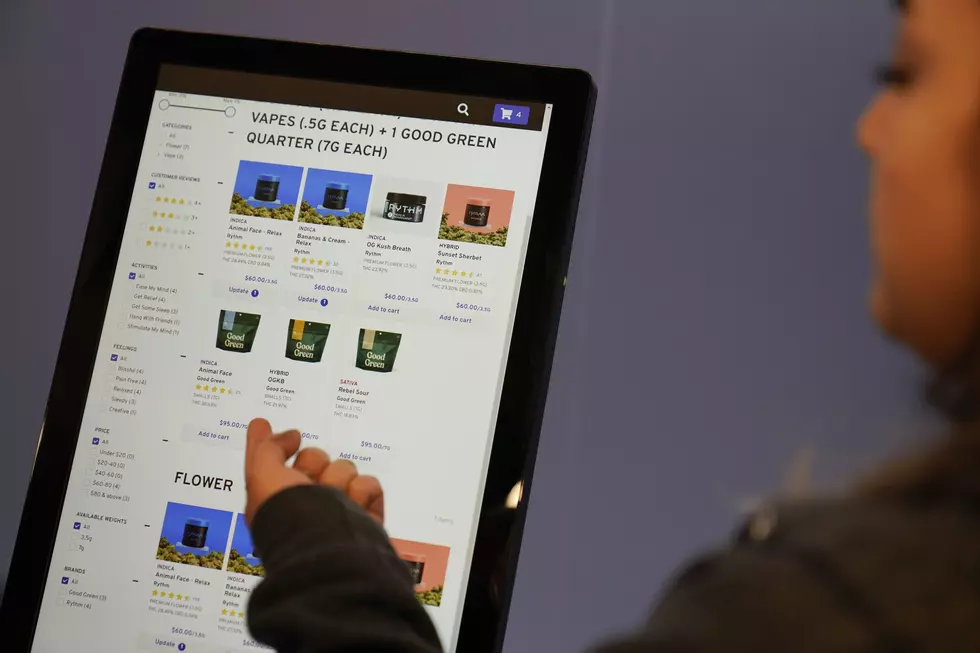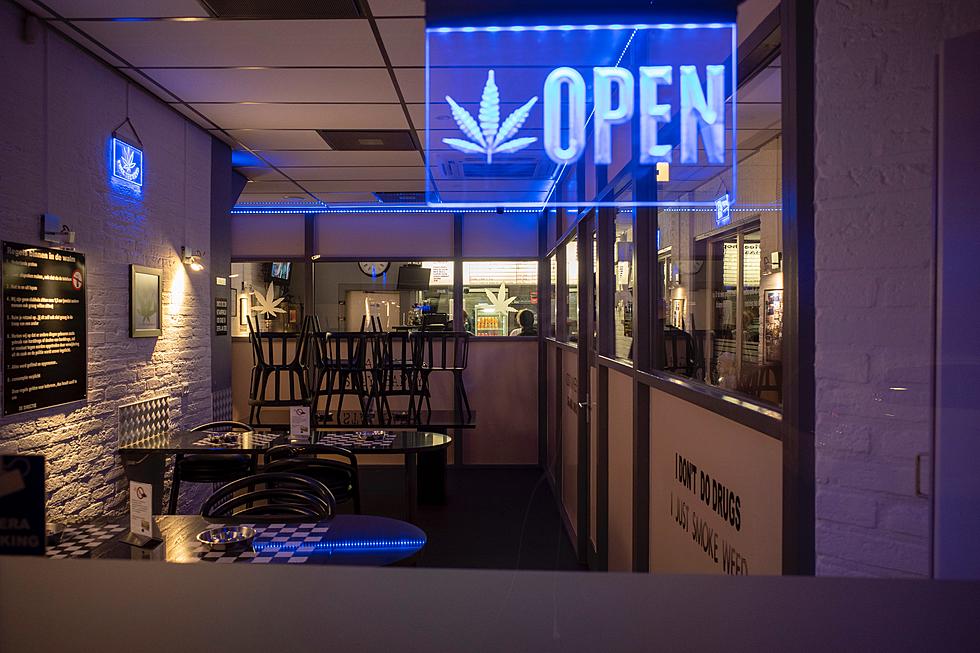
Many more NJ towns expected to opt in to legal weed market
When the deadline arrived in August 2021, approximately 70% of New Jersey municipalities had passed ordinances indicating that no businesses related to the state's legal recreational market would be able to operate within their boundaries.
But the number of opt-out towns has been shrinking since last summer, as municipalities learned more about New Jersey's rules on cannabis. And experts expect dozens to hundreds of more towns to give the green light to marijuana operations over the next couple of years.
"I think that a lot of towns will start opting in because they'll see that this is a compliant business, they'll see that there's really not a lot of drama ... and they'll also see the economic opportunities," said Rob Mejia, lead instructor for Stockton University's minor in Cannabis Studies.
The market doesn't only result in tax revenue for the town, Mejia said — there are big opportunities for the build-out of a dispensary, for example, along with jobs.
"Cannabis right now is the fastest growing industry in the nation, and whenever you go from a medical market to an adult-use market, your job market in cannabis grows up to 10 times what it was," he said.
On April 21, opening day for New Jersey's market, 12 dispensaries took in a total of about $1.9 million.
Towns and cities that chose to opt out are free to opt in at any time, by amending an existing ordinance or passing a new one. Municipalities that chose to permit cannabis operations in town, though, would need to wait 5 years before dropping out of the industry. Towns are not permitted to opt out of delivery.
"Several municipalities which opted out to preserve their options are now evaluating those regulations and the development of the market to determine their next best steps," said Michael Cerra, executive director of the New Jersey State League of Municipalities.
Dover, Maplewood, and South Orange are just a few towns that had passed temporary bans against the legal sale of cannabis but since decided to opt in to the market.
"A lot of towns opted out just so they could know what was going on," said Fruqan Mouzon, partner for Fox Rothschild in Morristown. "Because it's brand new, a lot of people were hesitant."
Mouzon noted opt-outs aren't just an inconvenience for would-be consumers; they also block would-be business owners from being able to obtain a "microlicense," which is specifically crafted for small, mom-and-pop operations that are majority owned by a local resident.
Dino Flammia is a reporter for New Jersey 101.5. You can reach him at dino.flammia@townsquaremedia.com
Click here to contact an editor about feedback or a correction for this story.
LOOK: States With the Most New Small Businesses Per Capita
NJ beach tags guide for summer 2022
More From 94.3 The Point










